How Often Should I Call HVAC Services?
Heating, ventilation, and air conditioning (HVAC) systems are crucial for maintaining comfortable indoor environments. Regular HVAC maintenance is essential to ensure these systems operate efficiently and effectively. Unfortunately, neglect of HVAC systems can lead to common issues such as inefficient energy use, reduced air quality, and costly repairs. Many homeowners and businesses are unaware of the benefits that come with scheduled inspections and tune-ups. This article delves into the significance of regular maintenance and how often you should call HVAC services to keep your system in top shape.
Understanding Your HVAC System
HVAC systems are designed to regulate indoor temperature and air quality through heating, cooling, and ventilation processes. These systems can vary in complexity, ranging from simple home units to elaborate commercial setups. Basic components of an HVAC system include compressors, thermostats, and ducts that control and distribute air. Each part plays a crucial role, and understanding their functions helps in identifying potential issues of inefficiency or breakdowns. Knowledge of these basics allows homeowners to appreciate the necessity of routine maintenance and calling in HVAC professionals when needed.
HVAC systems serve multifaceted purposes that go beyond temperature control, extending to air purification and humidity modulation. These features are essential for preventing the buildup of allergens and molds, which can lead to health problems. With a well-maintained HVAC system, indoor environments become healthier and more comfortable. The system's design and mechanics are instrumental in creating a safer haven from external weather conditions. Understanding these aspects emphasizes the complex and vital role HVAC systems play in modern living and the need for regular check-ups with HVAC services.
Seasonal Maintenance Recommendations
Spring serves as an ideal time to conduct HVAC maintenance, preparing systems for increased summer activity. During this period, HVAC systems should undergo a thorough cleaning to remove any debris accumulated during the winter months. It's crucial to check air filters, replacing or cleaning them to ensure high air quality and optimal airflow. Technicians should also inspect ductwork and seals for any leaks that could waste energy and lead to inefficient operation. Ensuring everything is in top condition can help prevent system failures during the warmer months and maintain reliable performance through peak cooling season.
Spring maintenance also involves checking refrigerant levels and inspecting coils for signs of wear or corrosion that might impact efficiency. The cooling system's efficiency is highly dependent on these components, and addressing them early prevents significant issues as summer demands increase. Additionally, examining and testing the overall thermostat function can identify any potential discrepancies. Integrating these tasks into spring maintenance routines ensures HVAC systems remain robust and effective all year round. Adequate preparation in the spring can optimize system functionality and reduce energy bills, making HVAC services a worthwhile investment for homeowners and businesses alike.
Professionals can assist with thermostat upgrades to enhance energy efficiency and optimize comfort with compatible smart thermostat solutions, optimizing energy use during peak summer months. Investing in these upgrades enhances user experience and long-term cost savings. By following springtime maintenance recommendations, homes and businesses can rely on their HVAC systems for smooth and effective temperature control. Spring preparation completes the foundation for seamless transition into high-demand seasons without complications. Scheduling professional HVAC check-ups ensures that systems operate efficiently and reliably as summer begins.
As summer approaches, a comprehensive cooling system check ensures HVAC systems are prepared for intensive use during hot temperatures. Focus should be on evaluating the efficiency of the system, ensuring all components, such as fans, compressors, and thermostats, function flawlessly. A proactive summer check-up can prevent potential breakdowns during peak periods, ensuring comfortable indoor environments.
Cleaning or replacing air filters is crucial during summer as systems deal with higher temperature loads and increased particulates in the air. Ensuring coils are free from dirt and debris also enhances the heat exchange process, maintaining system efficiency. Additionally, monitoring refrigerant charge levels is critical as inadequate levels can hinder efficiency and lead to failures. During summer checks, professionals provide insights into improving system efficiency, offering suggestions on minor adjustments. Following these practical recommendations enhances cooling efficiency and reduces energy consumption. Routine HVAC services during summer help maintain consistent performance and comfort in homes and small businesses.
Besides internal components, outdoor units should also receive thorough maintenance, with technicians checking for obstructions and wear on fan blades and refrigerant lines. Inspecting these critical components prevents overheating and maintains smooth operation during high-demand periods. Timely interventions based on these inspections enhance system performance, minimizing potential risks of failure.
As outdoor temperatures begin to fall, an HVAC system should be prepared to transition into heating mode efficiently. Fall is an optimal period for examining the functionality of the heating system, addressing any minor issues before winter begins. Key tasks include inspecting heating elements, replacing worn belts, and analyzing the general operation of furnaces or heat pumps.
Professionals can install and ensure proper setup of thermostats for accurate temperature control and efficient operation. Addressing these factors ahead of time ensures that HVAC systems can respond effectively as outdoor temperatures continue to drop. Enhanced preparation makes reliability a key trait of the system's operation during the colder months. Properly scheduled HVAC services in the fall allow homes and businesses to avoid emergencies and maintain energy-efficient operation throughout winter.
Professional evaluations during the fall can identify issues with ignition systems, heat exchangers, and other critical components of heating systems. Correcting these potential problem areas prevents major breakdowns, keeping heating systems operational throughout the winter. A reliable heating system is fundamental to maintaining comfortable living conditions, undisturbed by unexpected disruptions. Evaluating these components ensures a seamless transition into winter, relying on well-maintained systems to provide comfort and warmth. Proactive fall preparations pave the way for dependable performance during peak heating seasons, highlighting the importance of routine HVAC services.
Winter introduces challenges that necessitate comprehensive readiness checks to ensure HVAC systems can handle heating demands effectively. Professional tune-ups and inspections during winter are essential to test system efficacy, particularly for older or heavily-used units. Given the intensive demand during winter, checking and calibrating heat exchangers, running performance diagnostics, and testing fuel pressures are critical tasks. These steps keep heating systems in optimal condition, matching their output to the home’s heating demands. Ensuring readiness diminishes the possibility of emergency breakdowns and costly service calls during extreme weather. According to Forbes, you should have your HVAC system serviced at least once per year.
Frequency of Professional Inspections
The frequency with which professional inspections should occur varies based on a combination of factors, including the age, type, and usage of the HVAC system. Older systems typically require more frequent inspections due to wear and potential for component failure. Similarly, HVAC systems in climates with extreme temperature fluctuations might demand regular attention to cope with increased strain. The type of system also influences the required frequency of inspections, as more complex units might necessitate detailed assessments more often. Understanding these factors can help property owners better plan and manage their HVAC system's maintenance schedule, ensuring timely HVAC services.
Following a regular inspection schedule helps homeowners and businesses stay ahead of potential HVAC issues, keeping systems efficient and reliable year-round. Aligning maintenance with seasonal needs ensures peak performance when it matters most, while professional oversight from C & G Heating and Air, Inc safeguards your system's longevity and energy efficiency. Scheduling professional HVAC services allows us to maintain smooth operation, prevent unexpected breakdowns, and optimize comfort in all seasons. To learn more about our HVAC services, visit C & G Heating and Air, Inc, and explore how we can keep your systems running effectively.
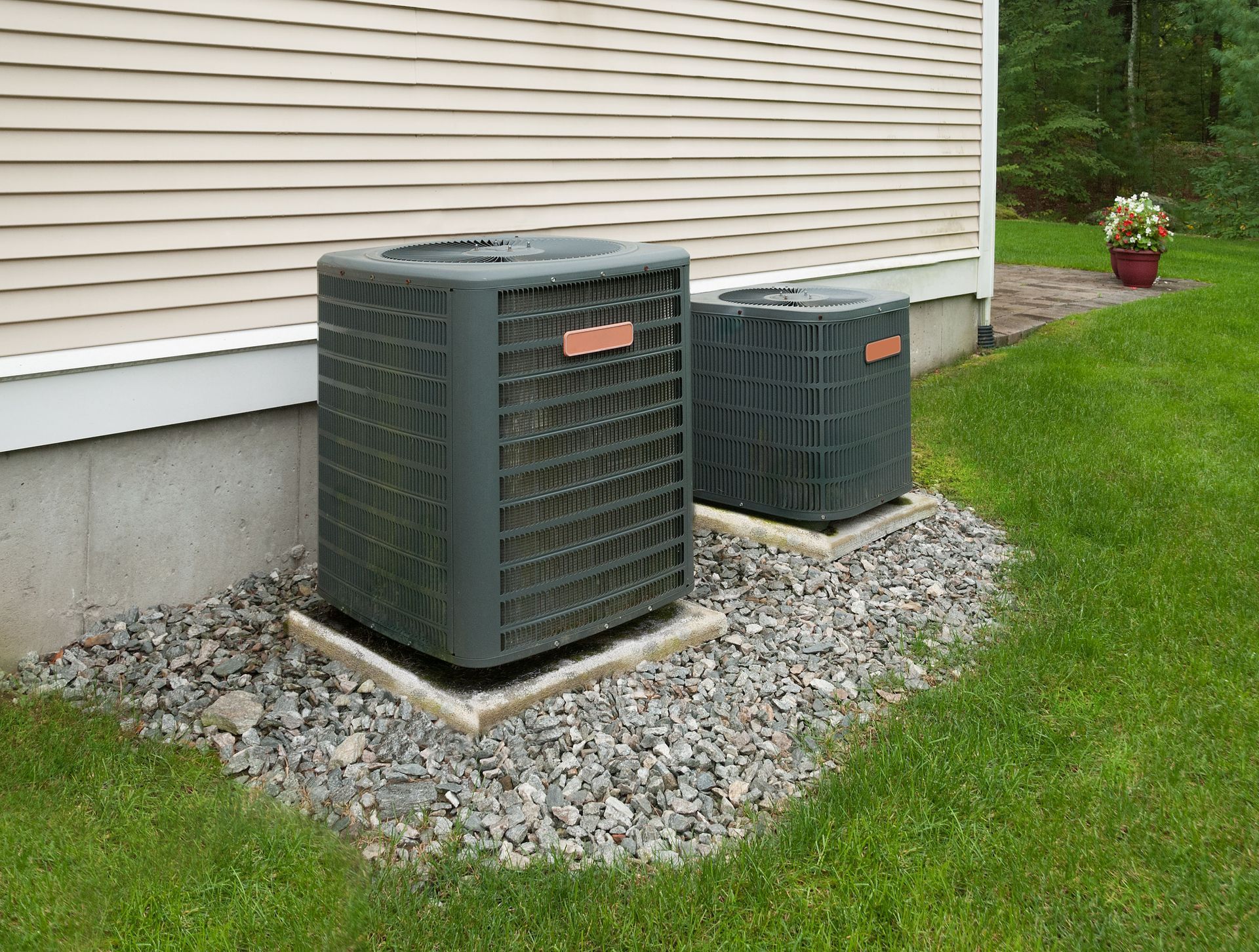
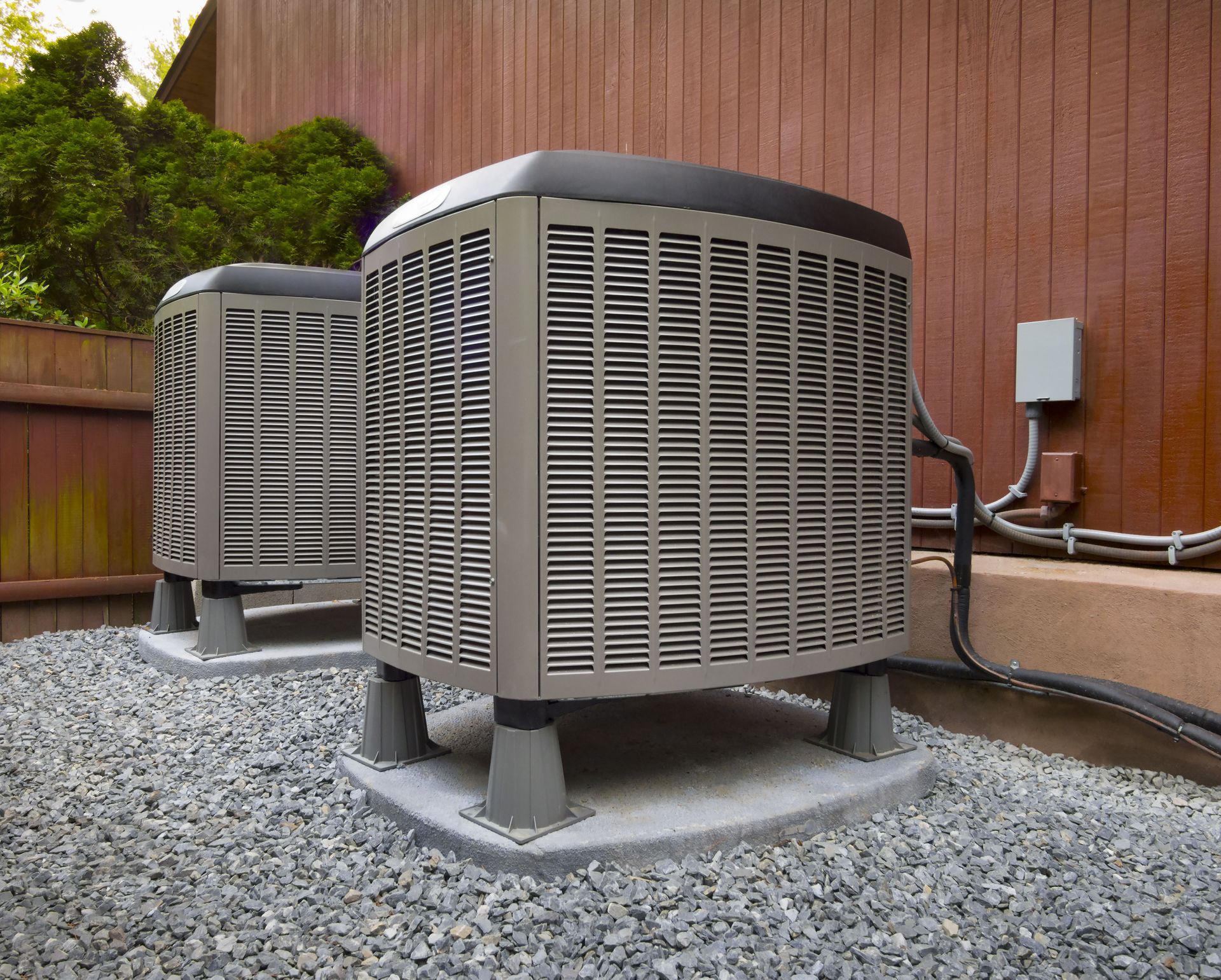
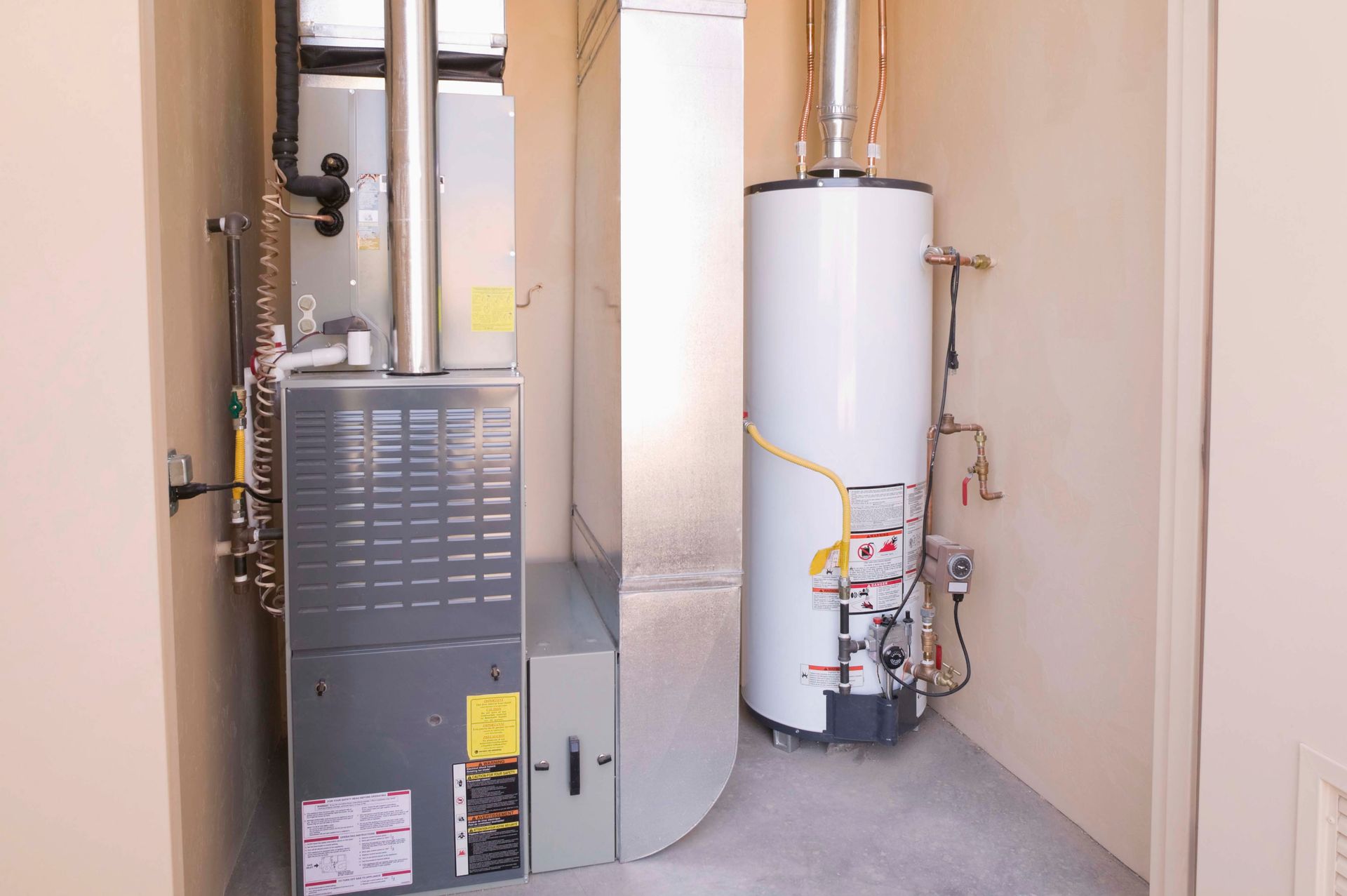
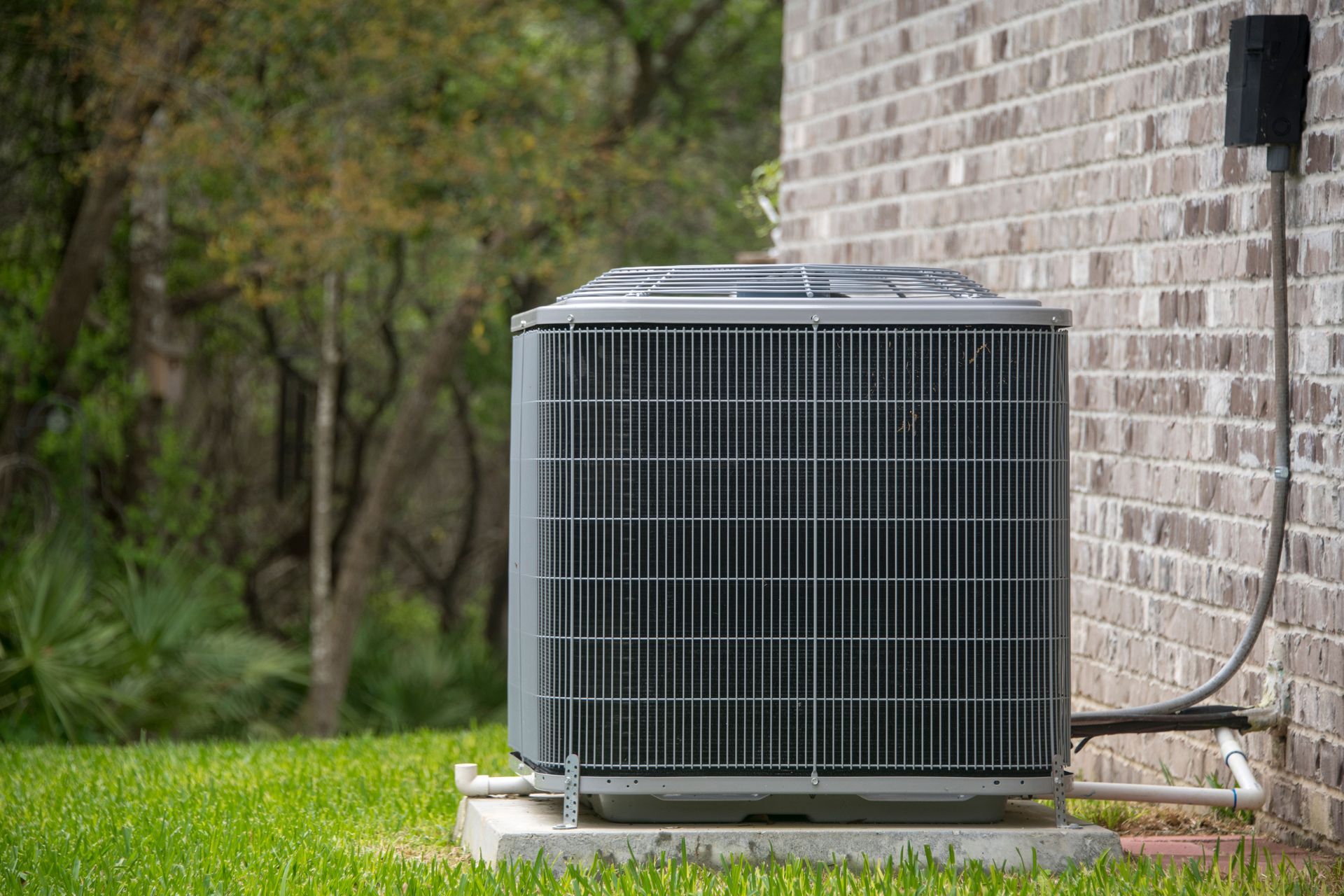
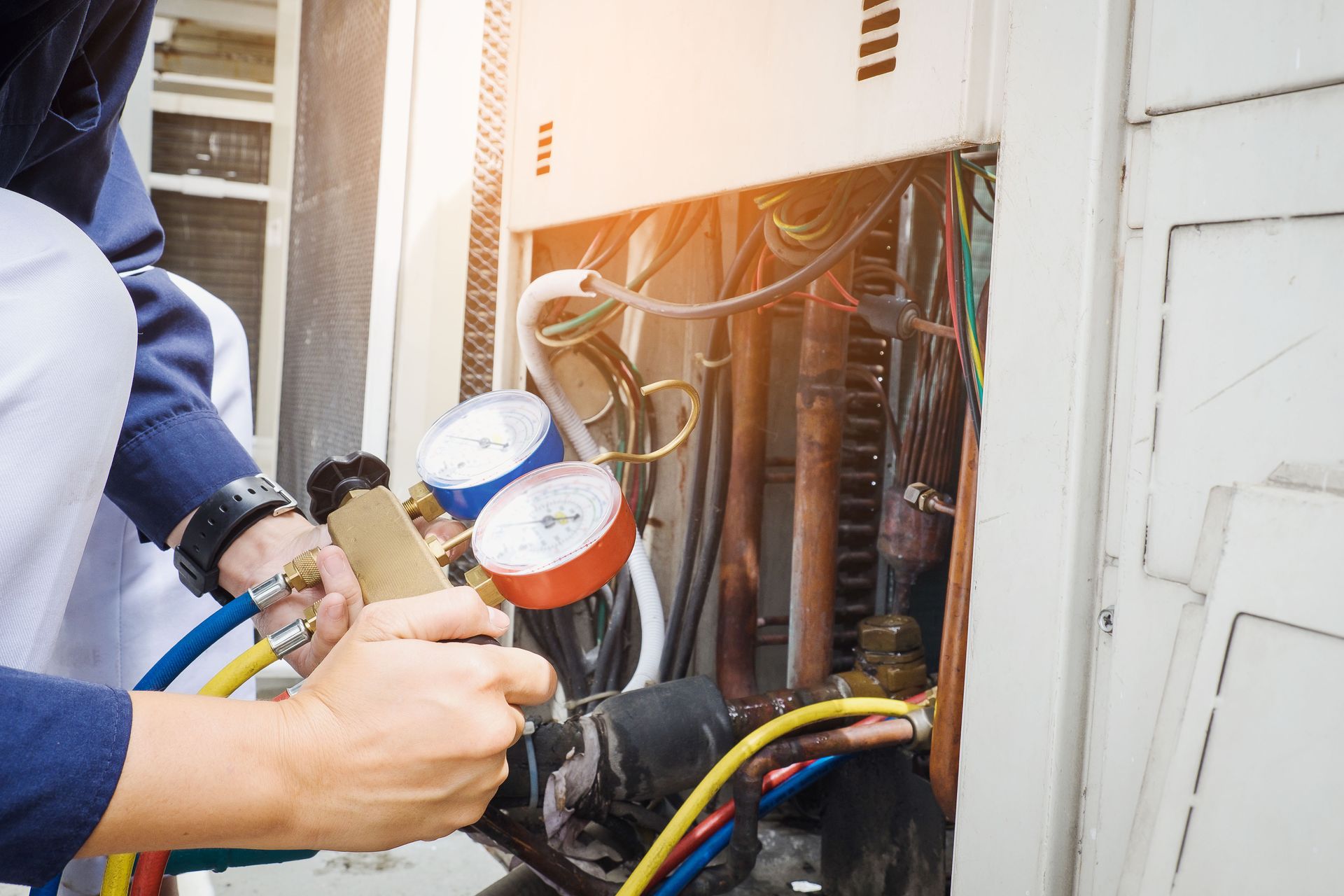
Share On: